By Shamsi Ali, President of Nusantara Foundation
Every fourth Friday, I have the honor of delivering the monthly Friday sermon at the United Nations headquarters in New York, a privilege I’ve had since 1998. The sermon is attended by UN officials, staff, and diplomats from Muslim countries. I typically choose a theme related to current international issues, and recently, I addressed the fundamental problems facing humanity.
Despite advancements in material progress, education, and modern civilization, humans are struggling with critical challenges that threaten their very existence. These challenges include various forms of disasters, both natural and man-made, as well as deep divisions and frictions among humans.
Interfaith Dialogue: A Path to Peace
Also Read: Be Careful of the Trap of Deploying Peacekeeping Forces to Gaza
In Islam, interfaith dialogue is not a new concept. The Quran and Hadiths of the Prophet Muhammad (peace be upon him) emphasize the importance of dialogue and understanding between people of different faiths. One verse that highlights this is Surah Al-Hujurat, verse 13: “O mankind, indeed We have created you from male and female and made you peoples and tribes that you may know one another.”
Before moving to America, I understood the phrase “know one another” (ta’aruf) as an effort for Muslims from different backgrounds to get to know each other. However, after arriving in America, I realized that this verse addresses all of humanity, as indicated by the beginning of Surah Al-Hujurat, which addresses “O Mankind” (يا ايها الناس).
As a Muslim living in America, I felt it essential to engage in interfaith dialogue, not only with Muslims from different backgrounds but also with people of other faiths. This effort was motivated by the reality of the Muslim community being a minority in this country and the need to build bridges of understanding.
The Israeli-Palestinian Conflict: A Challenge to Interfaith Dialogue
Also Read: The Forty-Four-Days of Glory: Azerbaijan’s Struggle for Justice and Peace
One of the most significant challenges in interfaith dialogue is the ongoing Israeli-Palestinian conflict. The conflict has created a deep divide between Muslims and Jews, making it difficult to engage in meaningful dialogue.
My first interaction with the Jewish community was in 2001, shortly after the 9/11 attacks. I was invited by the Mayor’s office to participate in various interfaith and intercommunity events in response to the attack. It was during these events that I interacted and built relationships with some Jewish Rabbis.
However, my first intense engagement with the Jewish community was towards the end of 2004, after the passing of Pope John II. I was invited by CBS television to an interview, where I met Rabbi Marc Schneier. Initially, our relationship was formal, but over time, we developed a close friendship.
Rabbi Schneier and I shared a common goal: to promote understanding and peaceful coexistence between Muslims and Jews. We organized several interfaith events, including a high-level meeting that brought together Muslim and Jewish leaders in the US. We also organized meetings that brought students from various colleges and universities in New York City together.
Also Read: Palestine Solidarity Month: A Collective Movement for Al-Aqsa and Palestine’s Freedom
One of the most significant outcomes of our dialogue and friendship is the book we co-authored, which discusses issues that unite and divide Muslims and Jews. The foreword was written by Former US President Bill Clinton, and the book has been translated into six languages, including Arabic, French, Hebrew, and Indonesian.
Interfaith Dialogue and Violence in Gaza
However, the recent escalation of violence in Gaza has made it challenging to continue our interfaith efforts. The killing of thousands of innocent civilians, including children and women, has left me feeling uneasy and questioning the purpose of our interfaith dialogue.
With the ongoing violence in Gaza, I have come to realize that the issue that needs to be addressed is not just about Palestine and Israel, understanding and harmony. But what more essential is about upholding universal justice and our common humanity. As a Muslim, I cannot remain silent in the face of oppression and injustices.
Also Read: Hassan al-Turabi: A Controversial Thinker from Sudan
Conclusion
Interfaith dialogue is crucial in promoting understanding and peaceful coexistence between people of different faiths. However, it is equally important to acknowledge the challenges and complexities that arise from conflicts like the Israeli-Palestinian conflict.
As I reflect on my experiences in interfaith dialogue, I am reminded that true dialogue requires honest empathy, understanding, and harmony. What is more essential is working together towards a common goal to promote and defend justice and our common humanity. (AK/RE1/P2)
Mi’raj News Agency (MINA)
Also Read: Who Exactly is the RSF Group Shaking Sudan?






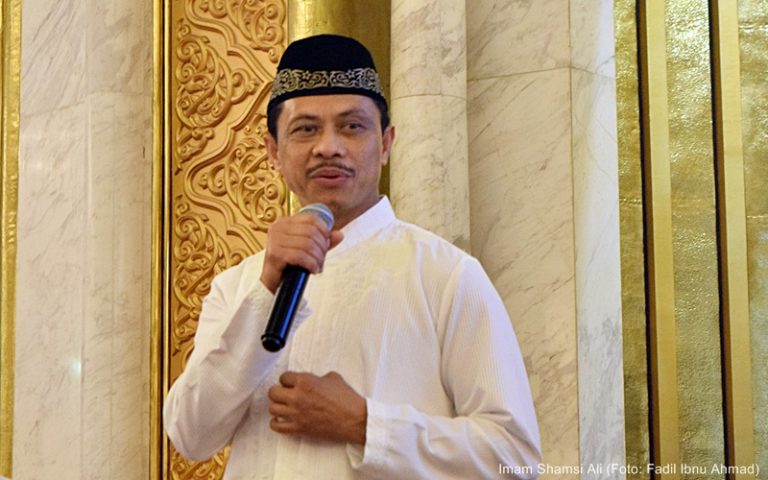

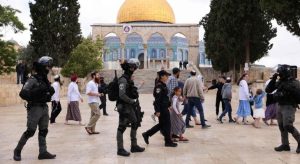
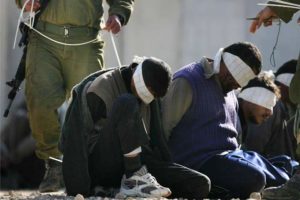

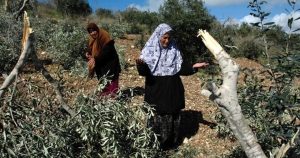

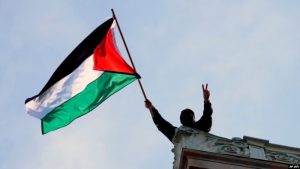


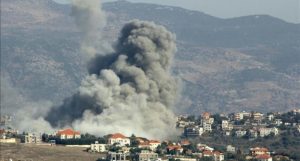


















 Mina Indonesia
Mina Indonesia Mina Arabic
Mina Arabic